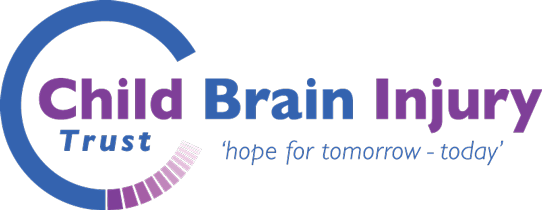I have been in the charity sector for over 25 years and have had the privilege to work with organisations and people who have both inspired me and given me direction and support to enable me to become the leader I am today. This is not an arrogant statement, but merely one that has come about by learning from others as well as myself and for putting the cause’ above personal gain or need.
Recent headlines and stories about Oxfam, regulating fundraising and The Presidents Club has made me for the first time in my career feel a bit uncomfortable to be part of a £39billion sector which ultimately aims to change lives for the better and make a considerable difference to society.
Why? Because the media has a way of swooshing in and tarring us all with the same brush and making a whole sector feel bad about the good it is trying to do. You cannot help but feel part of the shame and want to justify and defend what we do and how we are different.
It’s important to understand that the sector is probably more regulated than you think. Charity Law is very defined and Charity Governance is scrutinised at many levels – its called ‘Transparency’ – It’s a way of ensuring that we go deeper than the ‘tip of the iceberg’ . In practice this means having good governance in place that ‘digs’ into the operational side of what a charity is doing.

It is without doubt that the sector does not always get it right and there are cases where actions have proved to be simply not acceptable and these tarnish us all. However, on the whole there are a lot of charities doing great things whilst at the same time being completely open and honest with their donors, their beneficiaries, teams and volunteers and Trustees.
The Governance Code is a ‘bottom up’ model (not legal, but good practice) which places the ‘purpose’ at the top and focuses on how charities and their trustees can develop high levels of governance whilst working towards achieving their purpose.
The 7 ‘Principles’, in my opinion, provide the basis to ‘transparency’, effective governance and a great framework in which to aspire to.

What you can’t ignore though is the fact that the majority of charities have less than £500k income – 90% in fact! They are mainly run by volunteers who do not have the capacity or funds to implement elaborate management models. Most are providing services or support by demand and are fighting for every penny they raise. They spend the money as it comes in and are often left wondering how they will pay their bills. However, there is every need to be transparent and to have good governance in place which is why charity trustees need to take their role seriously.
We need to ensure our ‘safe guarding’ is reviewed and checked on a very regular basis and that includes our management processes and protocols. We need to ensure that our teams share our values and visions and that we deliver these through our work.
I have been a charity CEO for nearly 15 years and as a leader representing the sector I have had one word which I say at least 5 times a day ‘Integrity’ – but in practice this means building trust, being reliable, being open and honest, being true to your aims and doing the right thing. This, I believe are the values I have embedded across our charity and across the networks I work in.

So where does that leave us? We have to work together to regain the trust of the general public, even though ‘we’ did nothing wrong. We have to achieve our goals with ‘integrity’ and be vocal about our successes and our outcomes. We need support, so please don’t stop giving and above all we can only do our very best which we strive for on a daily basis.
Childhood brain injury affects over 40,000 children and young people every year – there is no central government funding available for support, no awareness from the NHS. So therefore, supporting families who face a lifetime of uncertainty falls to us – the experts. We are here for anyone experiencing issues following childhood brain injury .


